Women make up more than half the working population in Bermuda. However, despite much talk about gender equality in the workplace, it is still men who dominate the boardroom and upper echelons of management.
A survey of 39 Bermudian companies carried out by Deloitte in 2021 found that global norms are reflected on the island, with fewer than one in five board seats held by women, while only 5 per cent of companies had a female chief executive officer and 12.8 per cent a female chief financial officer. These numbers were little changed from Deloitte’s research in 2018.
Navigate spoke with some of the women who have managed to break through the glass ceiling to reach the executive level in Bermuda. They shared their perspectives on climbing the career ladder, gave advice to women seeking to emulate their achievements, and offered thoughts on how the gender representation gap can be narrowed at leadership levels.
Participants
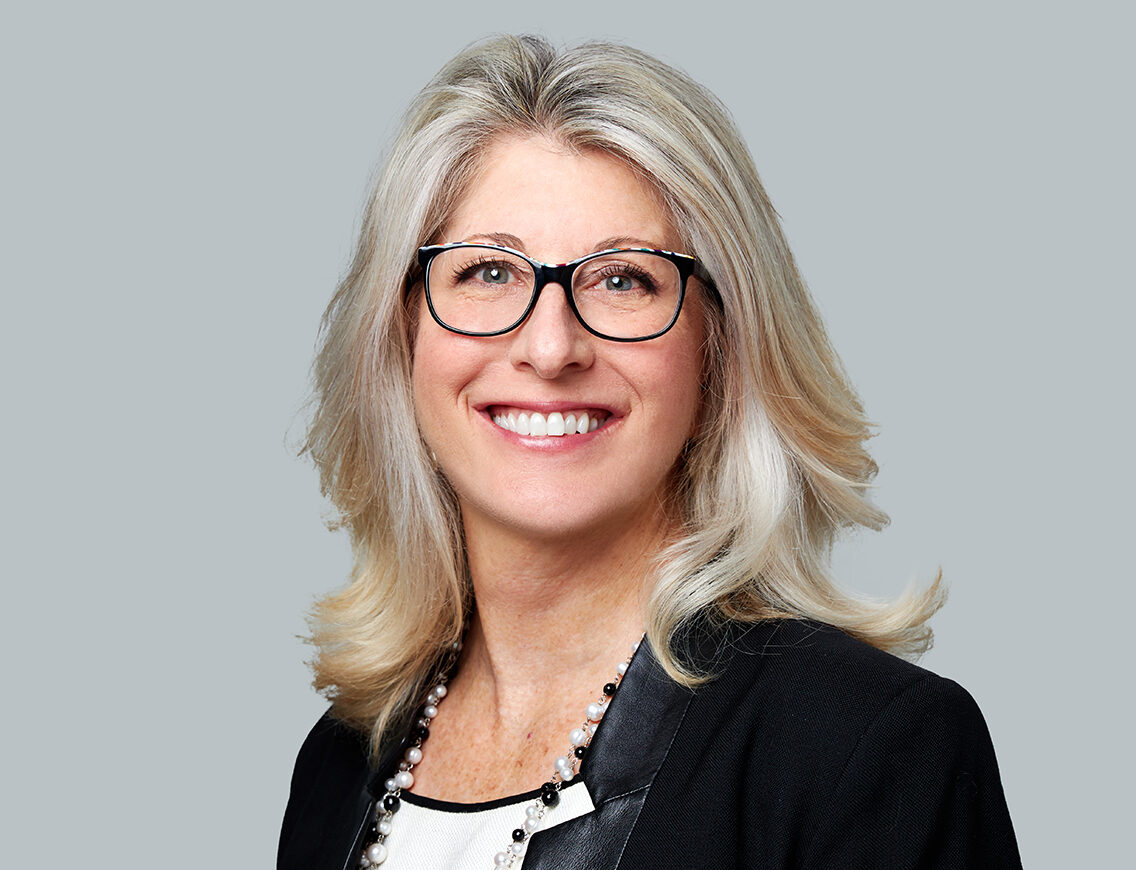
Kathleen Faries is CEO of Horseshoe, an insurance-linked securities specialist and fund administrator. She has more than 30 years’ experience in the insurance industry. Prior to joining Horseshoe, she was the head of Tokio Millennium Re AG, Bermuda. She also served as CEO of Tokio Solution Management Ltd, where she led the expansion of TMR’s capital markets. Ms Faries is a founding director and current chairwoman of WeSpeak Bermuda, a non-profit focused on building female public speaking skills and confidence.
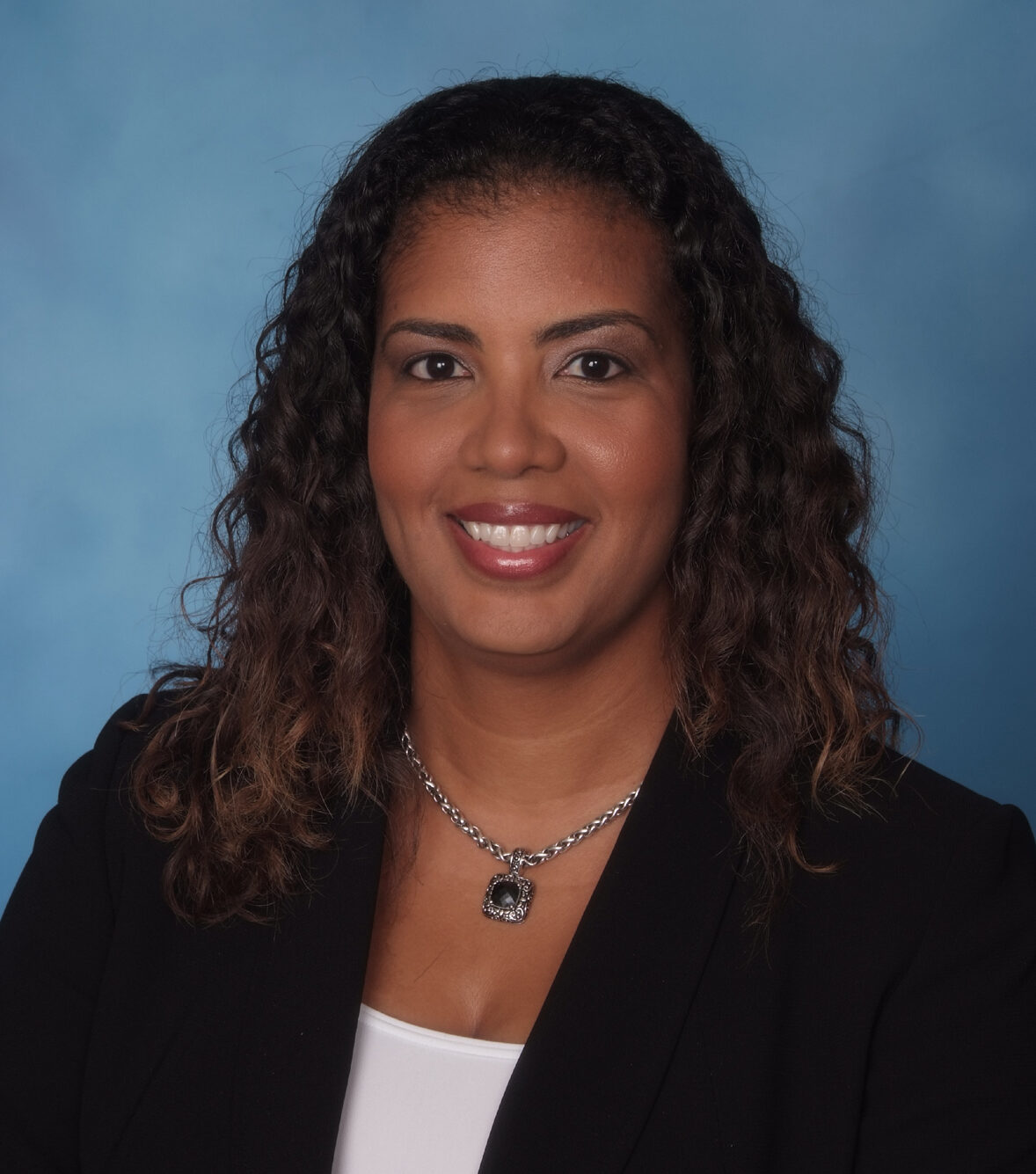
Yolanda Outerbridge is head of human resources at HSBC Bermuda, a member of the bank’s Executive Committee and its Community Investment Committee. She joined the Bank in 2002 as the Global HR Director for Private Banking after eight years in HR with Butterfield Bank. She is a former executive director of the Bermuda Employer’s Council has mentored through YouthNet, is a coach through WeSpeak Bermuda and HSBC’s Coaching Circles, and a member of the Bermuda Employment Tribunal.
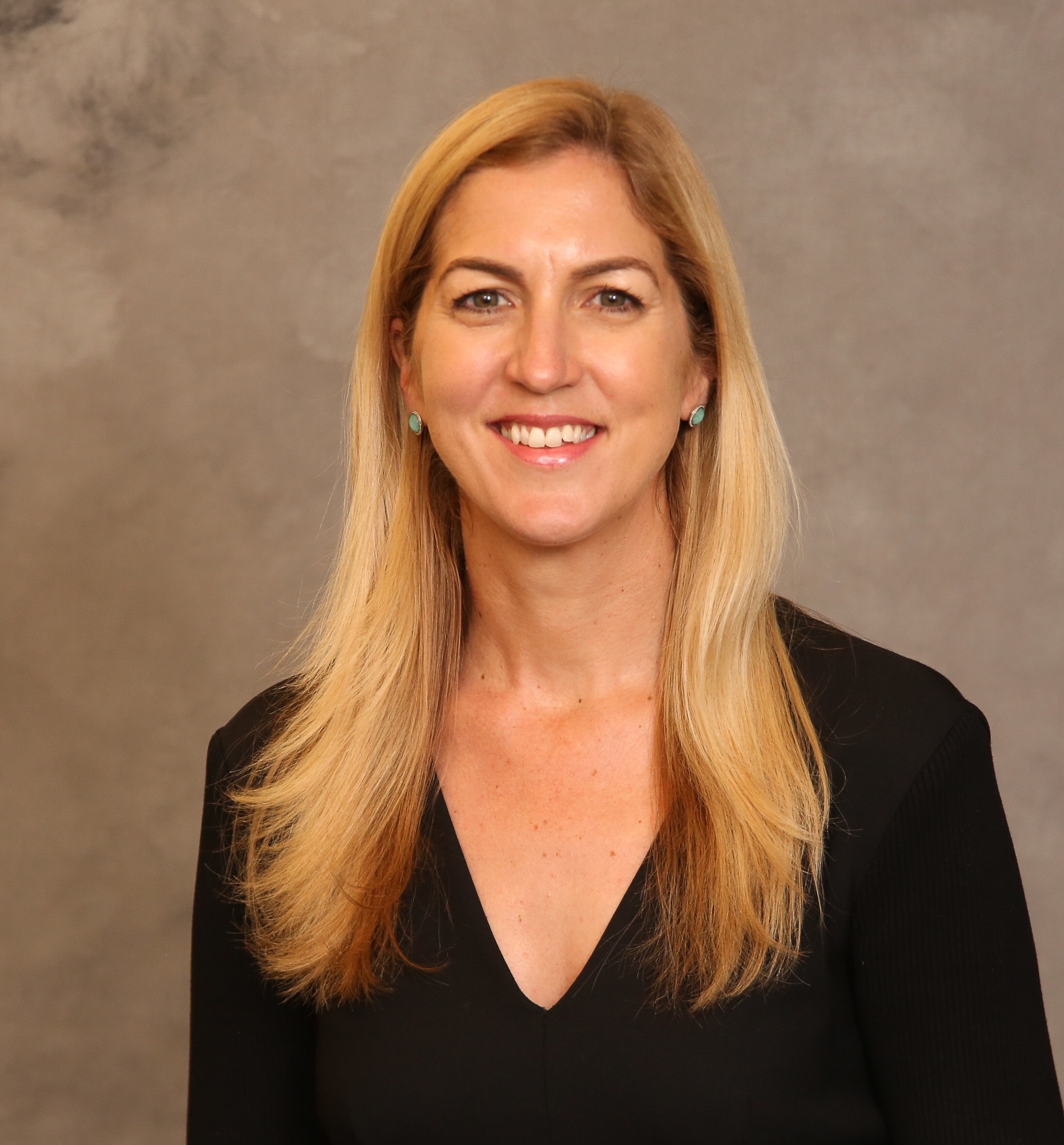
Megan Thomas is the CEO of Hamilton Re, the Bermuda-based entity of Hamilton Insurance Group, a role she started in October 2020. She has more than 20 years’ experience in the re/insurance industry. Prior to joining Hamilton, she was chief underwriting officer, reinsurance for Axis Capital. Australian by birth and a lawyer by training, she spent almost 13 years at AIG in Bermuda and New York, where she held increasingly senior roles.
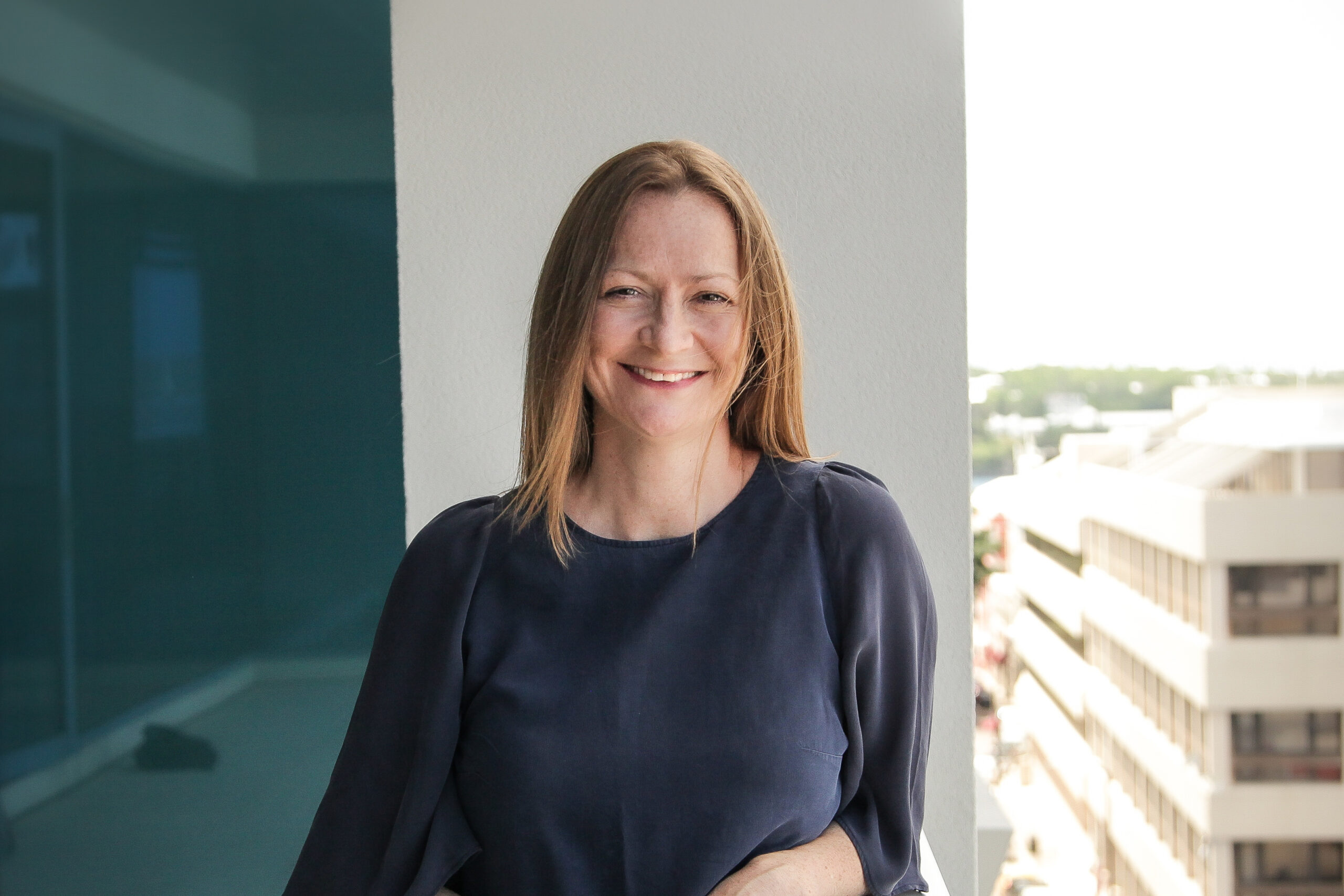
Amy Ellison has been CEO of Legal & General Reinsurance since June 2021, having first joined the L&G Group in 2016. A chartered accountant with more than 20 years of financial-services industry experience, she has worked in several senior management roles within L&G. Before joining L&G, Amy spent 15 years with PwC in the UK and Australia. Amy is an accomplished musician, having received a postgraduate diploma in performance from the Royal Northern College of Music.
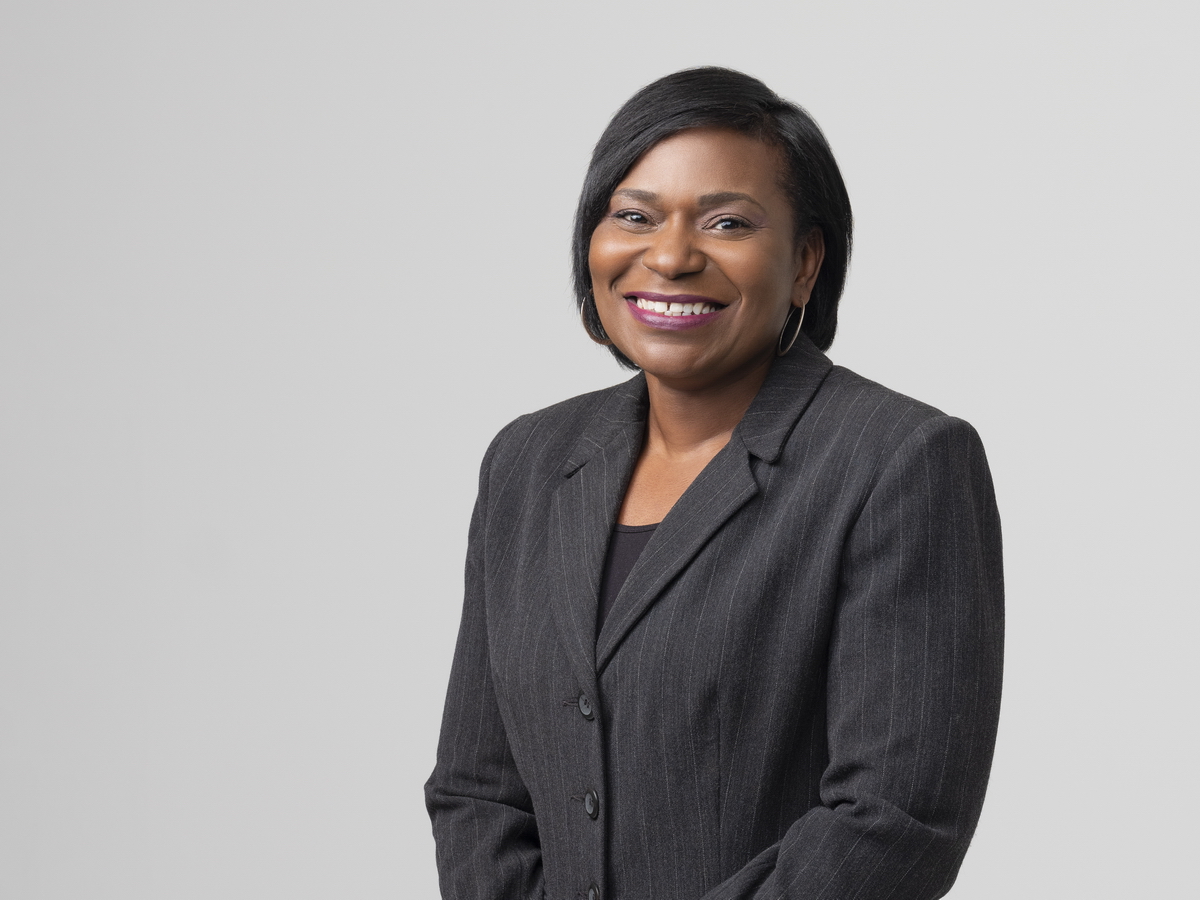
Wanda Richardson is executive vice-president – centre of excellence for the Argus Global Group. In her role, she oversees projects that seek solutions for customers and business challenges. She has over 20 years of broad leadership experience in client services, people and change management, corporate strategy and organisational redesign in financial services industries. She earned a Bachelor of Science in Psychology and Economics from Howard University and a master’s degree in Industrial/Organisational Psychology from New York University.
Navigate: What are the main attributes you needed to rise to the male-dominated executive level?
Faries: I would attribute the success I have experienced to my willingness to take on challenges, stretch assignments and taking risks. I never really viewed myself as “different” from my male colleagues. I was always confident in my ability to bring people together to solve problems, or deliver new products and services. As a result, I was provided numerous pivotal opportunities over the years to lead people, build teams and products. I was always extremely grateful for these opportunities and the trust others put in my ability to deliver. I was always keenly aware that whatever needed to get done that it wouldn’t get done without support from others. I am glad to see that as we come out of the pandemic there is a new appreciation and value put on what are normally referred to as “soft” skills that drive morale, a positive culture, engagement and wellbeing. Good leaders, in my view, understand that skills such as being empathetic, a good listener, a critical thinker, and inspiring, are critical to building good relationships, trust and fostering collaboration. I have never subscribed to these skills being “soft” – to me they are core to leading effectively.
Richardson: Passion, resilience and courage, together with emotional intelligence and understanding the needs of others, have allowed me to collaborate and have a greater influence within organisations, making me an effective leader. You must be willing to move beyond self-doubt, acknowledge your fears and actively seek ways to address them. I have never asked for permission to be at the table or in the room; I assumed I was expected to be there.
Outerbridge: Having an understanding of the business that I would be supporting and contributing to. It is imperative that I understand broader aspects of the business (not just what I have a direct remit for).
2. Demonstrating the ability to communicate at a level that shows I understand the bigger picture.
3. Building trust-based relationships and broad networks are key.
4. Showing I am capable to deliver at a high level. When one can see that you add value and can contribute at a high level you will gain respect and credibility quickly.
5. You also need to have a bit of ‘hutzpah’ or backbone. Don’t be afraid to challenge and share your perspectives (even if contrary to others around the table).
Thomas:
- I proactively sought out learning opportunities and specifically looked for roles that provided me with growth opportunities.
- I was open to discussing my career path in order to build a support network.
- I was confident enough to know when I needed to listen and to ask questions, but also didn’t shy away from sharing my opinions on things I had experience with.
- As I became more senior, I made sure I built the right team. Without collaboration, growth is limited to individual perspectives, so the most valuable resource leaders have is to surround themselves with a diverse team.
Ellison: Authenticity and having a positive, “can-do” attitude, coupled with a healthy amount of optimism. I’ve always been open to new opportunities, a quality that has taken me to Perth and Melbourne, Australia and now Bermuda. When you consistently deliver a good product, people know they’re in safe hands. While I haven’t necessarily created those opportunities myself, I have been open and receptive. The modern workplace requires very different leaders. Skills such as empathy and emotional intelligence are key; skills that all leaders need to master. Above all else, I aim to be authentic – trying to be something you are not is simply unsustainable.
Navigate: What advice would you have for a woman starting out in her career with ambitions of reaching the top tier of management?
Thomas:
- Be genuine and be confident. Remember that you should be part of the discussions and share your views. There is a reason you are in the room.
- Ask questions when you don’t know the answer. As you rise to leadership levels, you aren’t expected to know everything, and your curiosity could help others to learn or spark a great idea.
- Seek out learning opportunities and business relationships with senior people. Maintain and nurture these relationships as you will need support as you progress.
- Join industry associations to share your talents, nurture your skills and meet people.
- Don’t be too humble, self-praise is acceptable. Women tend to downplay their achievements and capabilities.
Ellison: Get comfortable with the unknown. You don’t know how everything is going to pan out. I have been well placed to get these opportunities because I have built a strong network, both outside and within my organisation. People need to know who you are. I’ve also used coaching on several occasions to work on a specific skill or blind spot that I would like to improve.
Outerbridge: 1. Seek out a variety of strong, male and female mentors and coaches who can provide guidance and support your growth.
2. Always seek out and be open to feedback. You will never grow if you cannot hear and accept insight on how you could have been better or more effective or where you nailed it.
3. Always be your authentic self. While navigating through organisations, politics and situations, do so by being true to you. Never compromise your values.
4. Continue to seek opportunities that stretch and challenge yourself. If you are too comfortable you will become stagnant. Don’t be afraid to fail as failure often positions you for that next opportunity to be great.
Richardson: As a woman, and leader, you will have to work harder. Ask questions, seek feedback and learn from individuals at all levels of an organisation. This will broaden your perspective and know-how, and help you to find creative solutions for today’s complex problems. If you are at the table, be confident with the courage to share your ideas. Your perspective is important.
Faries: Don’t be afraid to stretch yourself beyond your expertise or comfort level. Try to get experience or exposure to all aspects of running a company. Be willing to ask for these assignments, recognise where your boss or the company may have a need and offer your energy and skills to move the company forward. Don’t ever underestimate the importance of building good relationships along the way. Everyone wants to work with people they enjoy being around, can trust, and can be inspired by to give their best. Remember, your boss has objectives that he/she needs to meet, keep asking yourself how you can help them and the company meet these objectives, and then be willing to go the extra mile. Lastly, always be curious and seek to understand!
Navigate: What are the main things that need to happen for women to be better represented at the executive level?
Ellison: Leaders in my position must challenge themselves when looking for people to employ. If you take the same route every time, you’ll get the same applicants. Look at where you advertise roles, or how you shortlist candidates. The truth is it takes time to do things differently. It’s not going to be easy; you need to want it. When you encourage diversity, it makes your discussions and your output so much greater. When asking a solo mum of a 2-year-old to move across the world and take a CEO position, you might assume she’d say no. Don’t rule somebody out because you’re making assumptions about how they make decisions. Listen to any concerns they might have and address them. That’s the key to getting more diverse people into roles. If you do everything you can to support someone in their new role, then they can thrive.
Outerbridge: 1. Say “yes” to opportunities and do not wait until you think you can do everything perfectly.
2. Take more risks and be confident in what you can deliver.
3. Greater sponsorship is needed. Women who are at executive levels need to be sponsors, mentors and/or coaches for other women. WeSpeak Bermuda is a fantastic example of this.
4. Companies need to be purposeful in sourcing diverse pipelines, in succession planning and investment in talent. Changes in representation will not just magically happen.
Richardson: While we have made strides to be transparent about inequity and advocating for ourselves, we need to continue to build a support network of allies (male and female), board members, and informal leaders, who are prepared to advocate with us. Research has shown the more diverse and inclusive an organisation, the more profitable it will be. Wherever there is inequity, bias or racism, identify it and find ways to eliminate it. Employees are far more discerning these days – you must be the type of leader that is in tune with these changes in order to retain valuable employees. I think it’s a great time to be a woman. Today, there are so many more opportunities for females to be at the table. The traditional executive positions still exist, but there are many more – chief experience officer, knowledge officer, product officer, sustainability officer. You can create your own role, and build your own table.
Thomas:
- The industry should approach talent on a gender and ethnic-neutral basis at the senior leadership level and to be willing to bring in fresh perspectives.
- Those in senior roles should leverage their positions to ensure diverse talent is sought, welcomed, and nurtured.
- Women should proactively seek opportunities. Develop business relationships outside of your normal working environment, including people more senior to you. Don’t wait to be approached for a role.

